Question And Answer
Publications
Articles, publications, books, tools and multimedia features from the U.S. Institute of Peace provide the latest news, analysis, research findings, practitioner guides and reports, all related to the conflict zones and issues that are at the center of the Institute’s work to prevent and reduce violent conflict.

Where Cryptocurrency, Water and Conflict Collide
The booms and busts of the cryptocurrency industry are all over the news. But while the crypto market’s steep decline is a concern for crypto investors, the energy needed to mine cryptocurrency should be what catches the attention of policymakers. As of August 2022, total global electricity usage for crypto assets is estimated to be between 120 and 240 billion kilowatt-hours per year — more than the total used by entire countries such as Australia or Argentina. Amid the global energy crisis and efforts to stem the effects of climate change, the sheer scale of crypto’s electricity usage raises major questions regarding its sustainability.
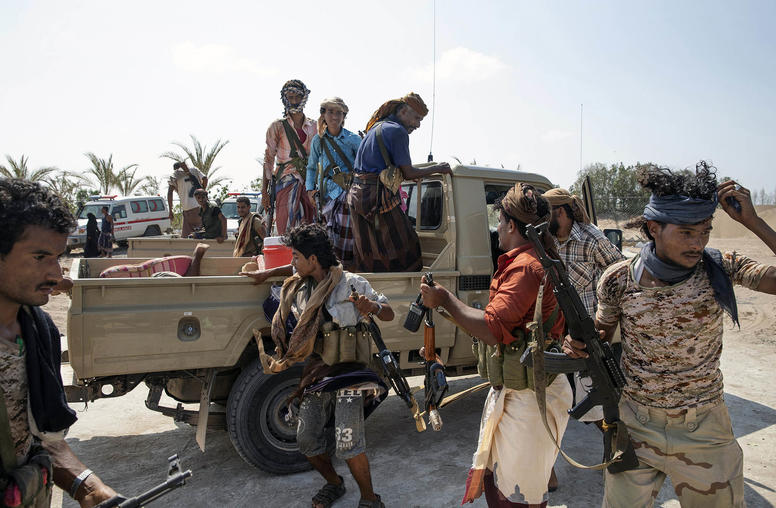
What You Need to Know About China’s Saudi-Iran Deal
Iran and Saudi Arabia announced last Friday a Chinese-brokered deal to restore relations. After decades of enmity and a formal cutting of ties in 2016, the rapprochement has been touted as a momentous development in the region. But how it ultimately impacts the Middle East remains a very open question, as the long adversarial powers are fighting a proxy war in Yemen and continue to support opposing sides across the region. Amid perceived U.S. retrenchment from the Middle East, the deal is a diplomatic win for China as it increasingly seeks to present an alternative vision to the U.S.-led global order.
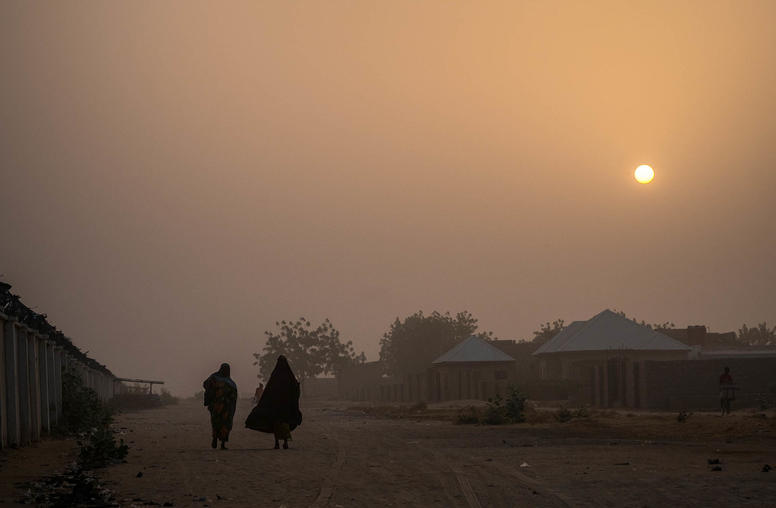
Going Beyond Accountability to Deter Conflict-Related Sexual Violence
In a historic move, President Biden signed a memorandum last November that bolstered the U.S. response to conflict-related sexual violence, including rape, sexual slavery, forced pregnancy, forced sterilization and other forms of wartime sexual harm. The new directive was timed to coincide with an international conference in London that marked the 10-year anniversary of the U.K.’s Preventing Sexual Violence in Conflict Initiative and sought to build on the initiative’s 2014 global summit as well as the “declaration of commitment” to end sexual violence in conflict that was signed by more than 150 countries in 2013.
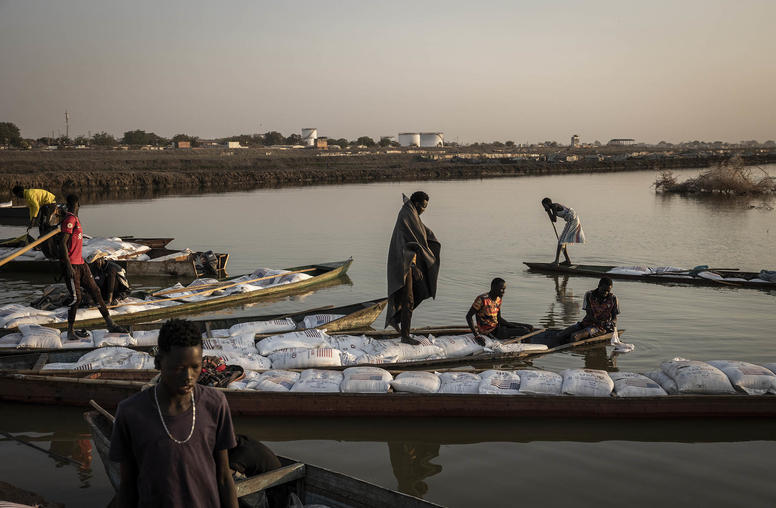
Before the Next Shock, the World Needs a ‘Marshall Plan’ for Food Insecurity
In recent years, the world has seen a host of interconnected challenges, with a crisis in one part of the world setting off epiphenomenal emergencies elsewhere. Russia’s invasion of Ukraine cut off many countries from their main supply of wheat and coarse grains, disrupting global food supply chains that were already stressed by the COVID pandemic. This led to further food insecurity in regions of the world, like East Africa, that were already dealing with starvation and malnutrition due, in part, to severe drought brought on by climate change.

Syria’s Stalemate Has Only Benefitted Assad and His Backers
Twelve years into Syria’s devastating civil war, the conflict appears to have settled into a frozen state. Although roughly 30% of the country is controlled by opposition forces, heavy fighting has largely ceased and there is a growing regional trending toward normalizing relations with the regime of Bashar al-Assad. Over the last decade, the conflict erupted into one of the most complicated in the world, with a dizzying array of international and regional powers, opposition groups, proxies, local militias and extremist groups all playing a role.

Mona Yacoubian on the Assad Regime’s Hold in Syria
After 12 years of extraordinary brutality and humanitarian suffering, the Assad regime remains entrenched in Syria. With no solution in sight, there is regional momentum toward normalization as countries have “made the calculation that he’s here at least for the foreseeable future,” says USIP’s Mona Yacoubian.
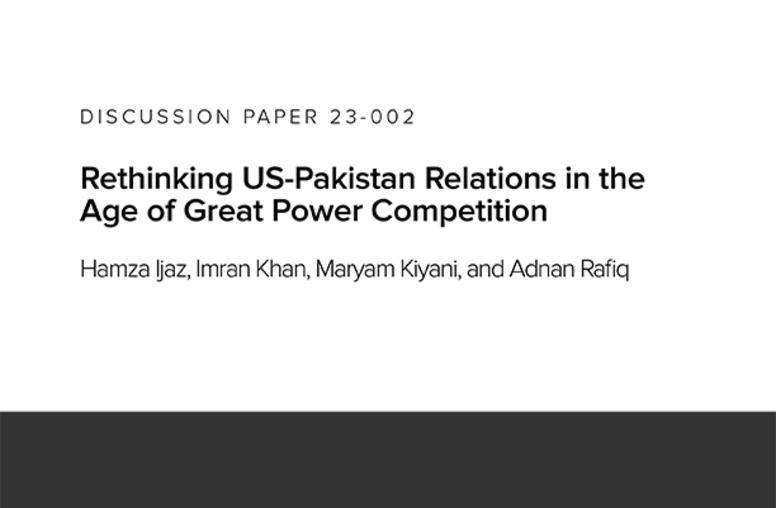
Rethinking US-Pakistan Relations in the Age of Great Power Competition
As the United States and Pakistan approach 75 years of bilateral engagement, the relationship between the two countries is at a critical crossroads. While viewing the US-Pakistan relationship exclusively through the security lens seems to be untenable, the road ahead, in the broader context of the Afghanistan withdrawal and great power competition, remains murky. Nevertheless, there exists a willingness on both sides to avoid the lows of the 1990s even if the highs of the 1980s or 2000s are not possible.
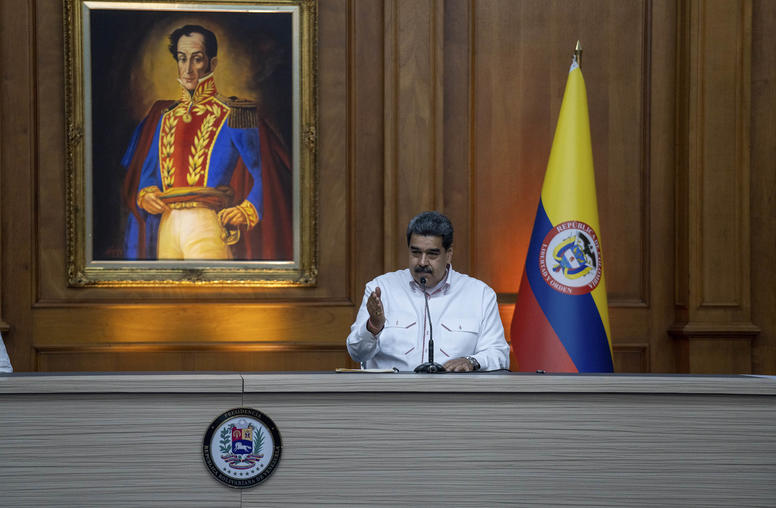
A Bipartisan U.S. Approach on Venezuela Is Possible — and Necessary
Despite divided government in Washington, there is ample room for bipartisan action on U.S. foreign policy. Countering China and buttressing Ukraine against Russia top the list, but the foremost opportunity for Republicans and Democrats to work together may be in Venezuela, where presidential elections next year offer the best chance in years for a democratic opening.
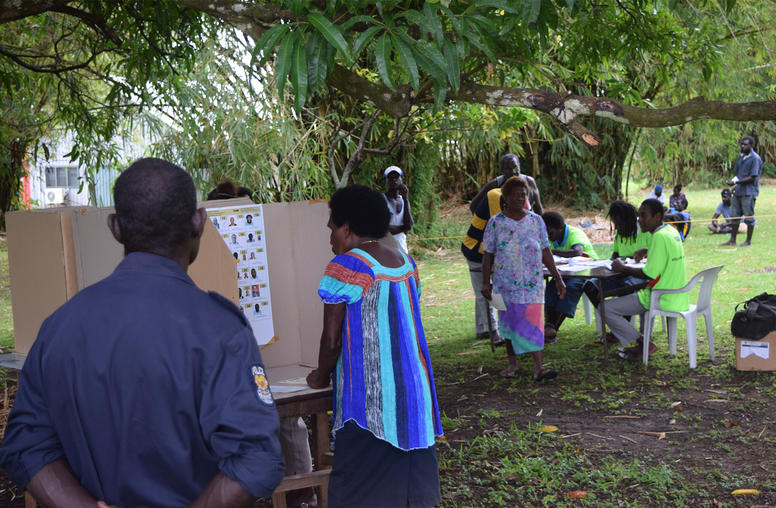
What Does U.S. Reengagement in Papua New Guinea Mean for Bougainville?
As Washington reengages in the Pacific, it must not overlook Bougainville, an autonomous and want-away region of Papua New Guinea. The United States is neutral on Bougainville’s future political status, which is for Papua New Guinea and Bougainville to resolve. Nevertheless, Washington should recall long U.S.-Bougainville historical ties, and consider how the Pacific Partnership Strategy could be leveraged to benefit the people of Bougainville, whatever their future political status might be.
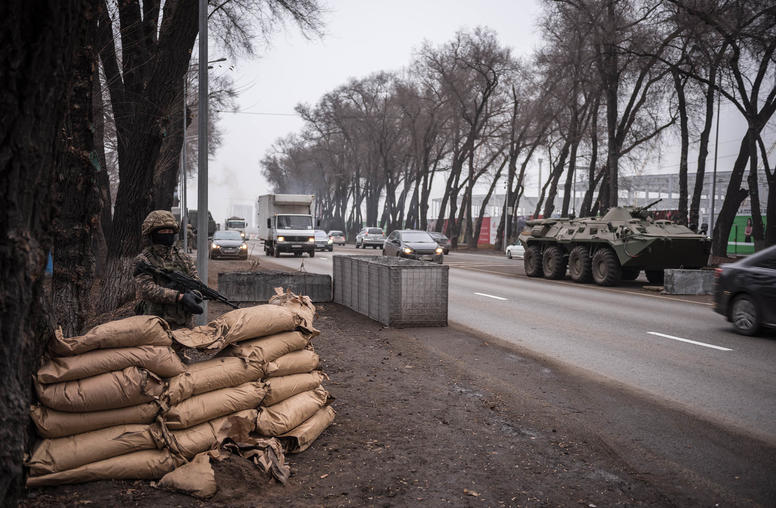
Central Asia Needs a New Approach to Security
After three decades of independence following the fall of the Soviet Union, Central Asian countries continue to face challenges to their stability and governance. Last year saw large-scale domestic unrest in three of the region’s five countries — Kazakhstan, Tajikistan and Uzbekistan — and a devastating cross-border conflict between Kyrgyzstan and Tajikistan was the largest ever trans-boundary escalation in the region. Many of these events follow similar patterns: growing tensions and grievances among citizens lead to protests, which are met with a harsh and disproportionate response including the use of lethal force by security forces, feeding into further mistrust between authorities and the population.